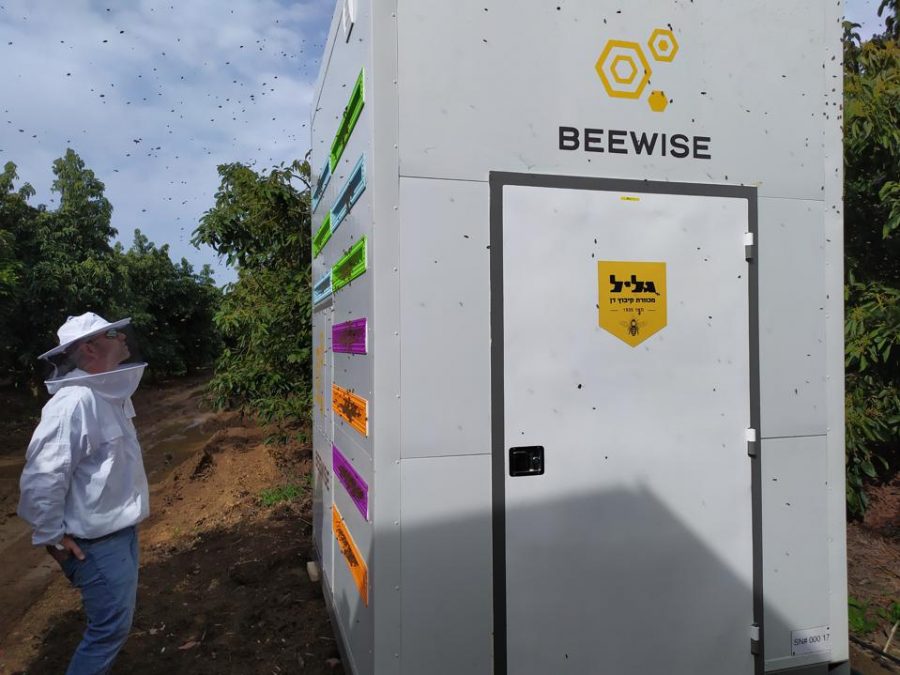
The startup Beewise has introduced the first fully autonomous hive called Beehome. Beehome uses artificial intelligence, machine learning and robots to monitor the state of the hive in real time and increase honey production.
Every year, the bee population is reduced by 35%, which is a serious agricultural problem. Beehome uses solar energy and allows you to simultaneously manage the state of 24 hives. Beehome monitors the processes of pollination, honey production and reproduction of bees and includes an automated robotic colony management system. Computer vision-based monitoring systems control the processes of honey collection, pest control, feeding and thermoregulation.
Beehome reduces bee mortality by 80%, which leads to an increase in yield by more than 50%, while reducing the amount of manual labor by 90% compared to traditional hives. Beewise’s clients are commercial beekeepers.
An automated hive can autonomously perform actions to prevent the destruction of colonies and collect honey from hives. At the same time, the beekeeper can configure these processes at his discretion. Up to two million bees can be located in one hive of a can. The input data for the Beewise neural network are photos and videos collected from several cameras located in the hive. The neural network works in a continuous mode and can provide recommendations to beekeepers, allowing them to improve the characteristics of the colony.